Avid Spectator reader Mr Brown had endured the very strictest of lockdowns for family health reasons in Tunbridge Wells. Since March he had interacted only with delivery drivers, his wife and their two children. He was therefore quite unsocialised when he stopped with us for a night on his journey from Kent to the Pongo Delta in Guinea, where for the next 12 months he will be organising the security for a mining company trucking bauxite 200 miles through bandit country. I found him standing outside a village bar looking at his watch because I was an hour late. He heaved a shopping bag for life filled with booze and groceries into the boot of my car, urging that it must go into a fridge as soon as possible.
The previous evening I’d met an English expat from our village who had spent the confinement period wandering about in the vast communal forest behind his house. He told me that in the course of his wanderings he’d come across the remote and lonely grave of a maquisard and local hero called Léon Gérard, who in July 1944 was gunned down and left for dead by the Nazis in a forest glade. The Englishman and I discovered that the Nazi occupation of the village and district was of absorbing interest to the both of us, and he offered to show me his exciting find. I thought that Mr Brown — a former paratroop officer — might also be interested to visit a maquisard’s grave, and so I arranged for our pilgrimage to coincide with Mr Brown’s brief visit.
Time was pressing so I drove Mr Brown straight from the village bar to the expat’s house, from where we could set off on foot across the forested mountainside. Unfortunately I neglected to communicate at any stage even a rudimentary outline of this plan to Mr Brown — or so he claimed afterwards. I maintain, however, that he must have knocked back several glasses of pastis in rapid succession while waiting for me to show up and as a consequence had fridges on the winkle and was deaf to everything else.
We drove out of the village, then down a long unmade track of rocks and boulders to the wrong house, but the woman there was able to redirect us. ‘No fridge?’ said Mr Brown as I got back into the car and slammed it into reverse. ‘Wrong house,’ I said. The expat’s house — enormous, stone, old — was at the end of a different track. We jumped out and the first person we encountered in the garden was the expat’s wife, whom Mr Brown immediately insistently questioned about her fridge situation. She said yes of course she had a fridge, in fact there was an empty one in the pool house that we could use. So I took Mr Brown’s shopping, which included three bottles of spirits, one of which was a dark rum called the Devil’s Own, out of the boot and put it in the pool-house fridge.
Then the expat appeared and I effected the introductions: ‘John, this is Mr Brown,’ and so on. (Thereafter Mr Brown consistently called him Ed.) ‘Should we take beer?’ wondered John. We all rather thought yes and off he went to find beer. Then he came back and said he couldn’t find any beer. Mr Brown therefore insisted that we take his three bottles of spirits instead. So I retrieved these from the pool-house fridge and put them in a rucksack. By which time John had found some bottles of beer and they went into the bag as well, along with three glasses and a plastic carton filled with ice.
At last we set off into the forest rather laden down with bottles of beer and spirits. As we left civilisation behind, the last habitation we passed along the forest track was a nunnery. The bell was tolling. John and I discussed the sublime singing of these nuns, recently imported from Argentina to replace some very ancient Algerian ones. Now Mr Brown had somehow got it into his head that our final destination was this nunnery. That perhaps some sort of annual village festival was taking place there. That the tolling bell was heralding the start of the festivities. When we left the nunnery behind and struck out into the wilderness, and he was informed that we were in fact going to visit the lonely forest grave of a maquisard, Mr Brown was flabbergasted.
We found it in a thickly silent glade after an hour’s march and turned the headstone into a bar counter. After lifting several toasts to M. Gérard of the Devil’s Own rum mixed with Malibu, Mr Brown was very glad he’d come. He got ‘Ed’ and me to pose for a team photo, then gave a fascinating impromptu lecture on the Reichsmark currency of occupied France and on France’s early teddy boy culture of the time, known as Zazou.
Got something to add? Join the discussion and comment below.
Get 10 issues for just $10
Subscribe to The Spectator Australia today for the next 10 magazine issues, plus full online access, for just $10.
You might disagree with half of it, but you’ll enjoy reading all of it. Try your first month for free, then just $2 a week for the remainder of your first year.


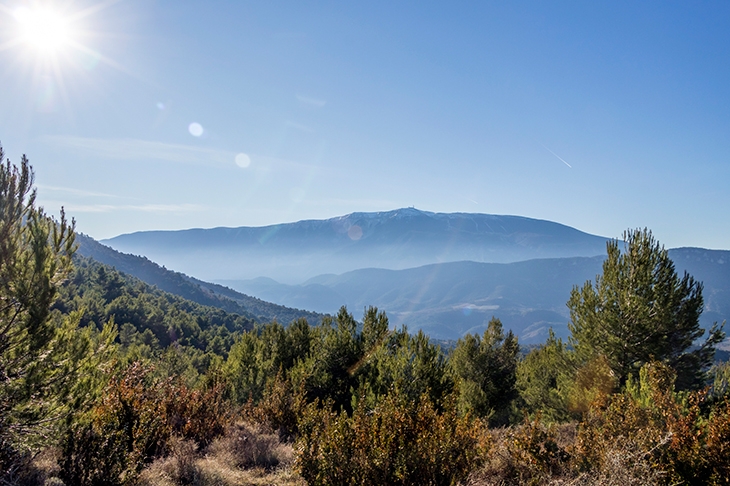
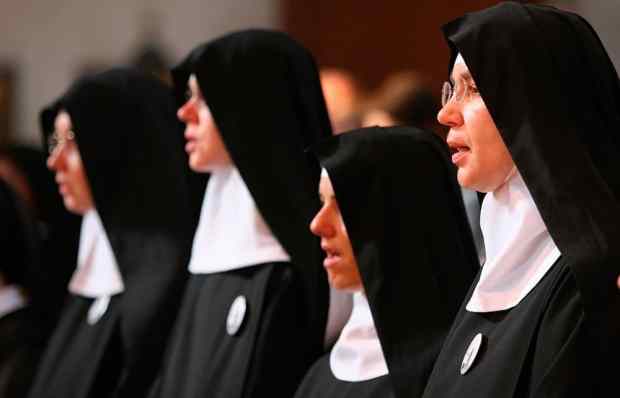
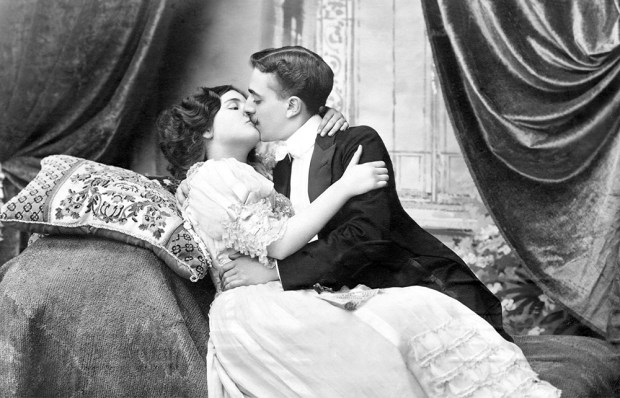
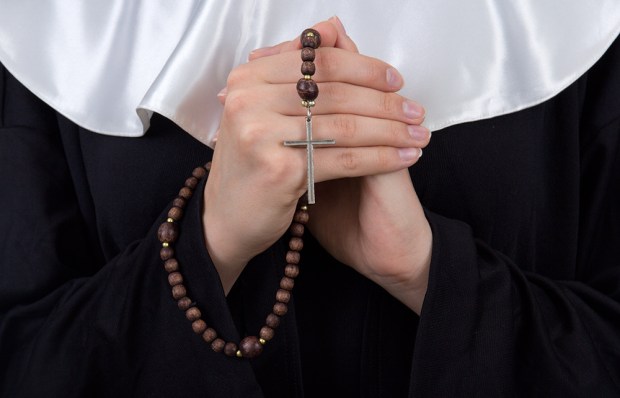


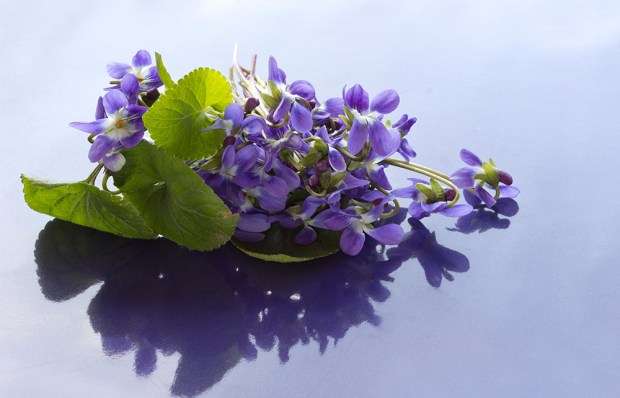






Comments
Don't miss out
Join the conversation with other Spectator Australia readers. Subscribe to leave a comment.
SUBSCRIBEAlready a subscriber? Log in